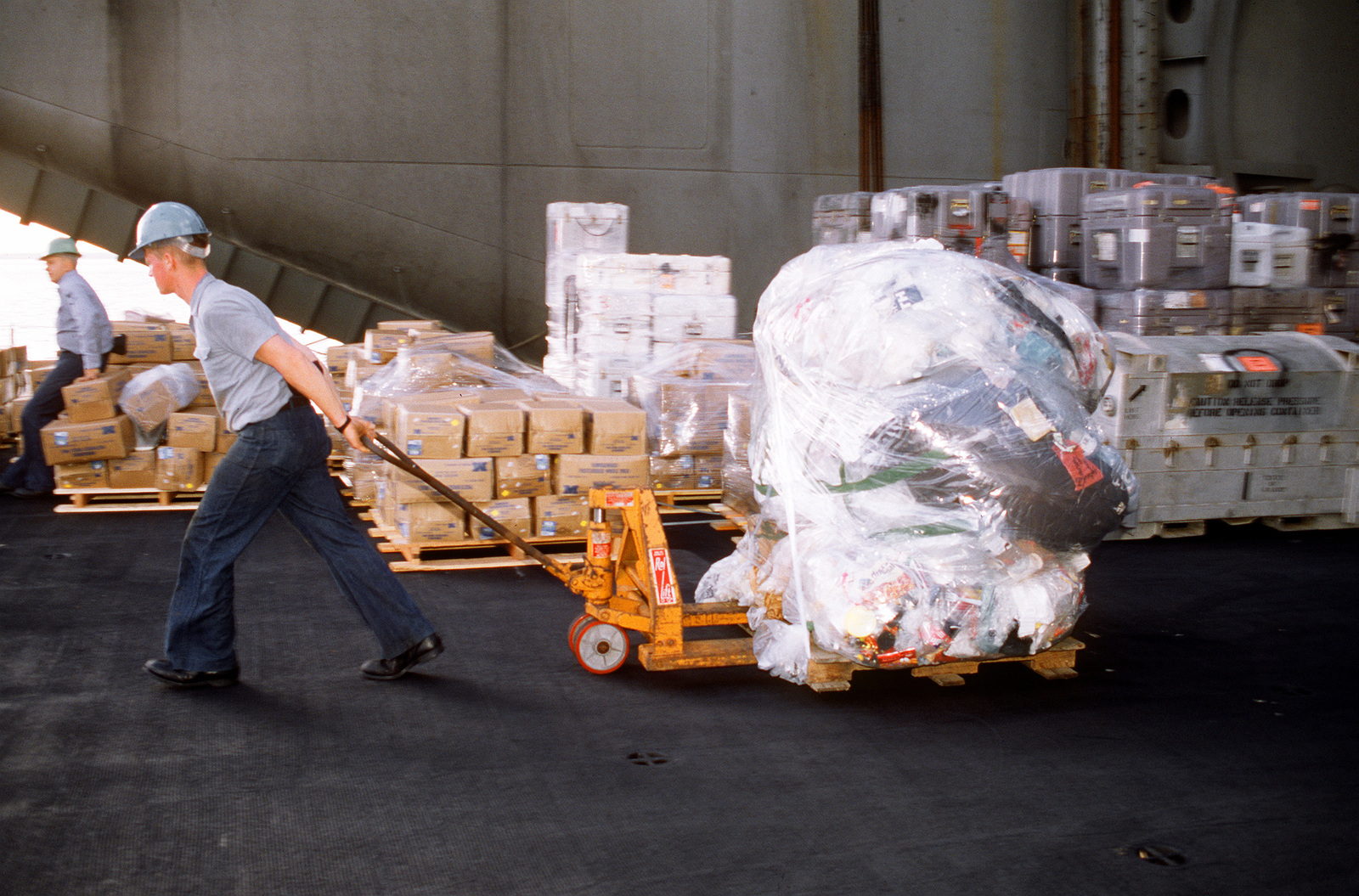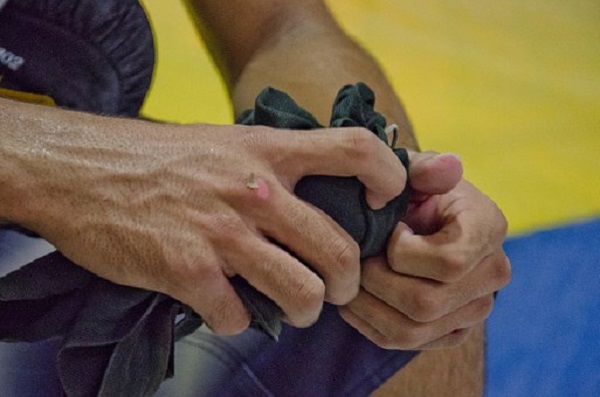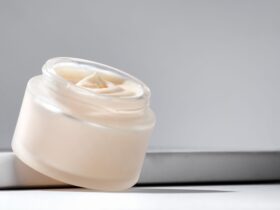The way you treat an injury will often determine how long it lingers. Done correctly, treatment of a sprained ankle, for example, can hasten the healing process and get you back to walking and running in no time. If, however, you continue to put stress on an injured ankle or any other body part, you risk reinjuring yourself and making your body work harder to rehabilitate the injury. When you are hurt, you need to pay attention to signs your body is giving you. There are things to look for that will tell you if you are ready to start moving again, exercising, go back to work, or take on any number of other functions. For serious injuries like bone breaks, head injuries, surgeries, etc., you should seek professional medical advice on when you can start getting back to normal.
There are things you can do to heal an injury faster and boost your body’s ability to recover. No one wants to suffer from injury any longer than necessary. Bad injuries can linger for weeks, months, and even years if the proper healing and recovery protocols are not followed. Here are ways you can heal an injury faster and get back in great shape sooner rather than later.
Listen to Your Doctor
The first thing you need to do, if your injury is serious, is to listen to your doctor. The people around you, like your friends and family, will likely have opinions about what is best for you and your injury. Don’t place their opinion over the opinion of trained experts. Listen to your doctor, nurse, physical therapist, and anyone else providing you care. When they say rest, rest. If they prescribe medicine, take it and follow the recommended doses. Doctors know that a comprehensive approach is the best way to heal an injury faster. They will likely tell you to do things like physical therapy, to make changes in your diet, get more sleep, and other things in addition to getting direct medical care. Integrate as much of their advice into your life as you can to hasten the healing process.
Get Plenty of Rest
Rest is an equal partner to recovery. Not only should you isolate any injured body part, but you should also get enough sleep and avoid exerting yourself to make energy available to heal. Get more sleep to lower inflammation. Change your activity level to allow your ankle, wrist, leg, or whatever is injured some much-needed downtime. If you fail to rest, not only are you robbing your injury of crucial recovery time, but you’re also likely stressing the injury or risking additional injuries as other parts of your body compensate. If, for instance, your shoulder is injured, you may end up placing more weight on your other shoulder, which increases the risk of injury to the shoulder, your back, and even your legs.
Eat Nutrient-Rich Foods
The food you eat is the fuel your body will use to heal an injury. If you’re constantly eating junk foods like candy, bad carbs, and other snacks, your body has to work harder to break them down. When you eat healthy foods like vegetables, meats, healthy fats, and foods high in protein, you supercharge your body’s ability to heal. These types of foods also have a rich supply of vitamins that boost your immune system, optimize blood flow, and promote blood vessel growth. You’ll feel better and your body will get better faster.
Supplement Your Diet with Vitamin Supplements
Eating the right foods and getting your diet in order is a great first step to protecting your body and giving it the resources, it needs to heal. You can, however, turbocharge your healing by taking supplements that will add to your total vitamin count and make more vitamins bioavailable for your body to use. Things like Vitamin C and Vitamin E promote your immune response and reduce inflammation. Vitamin K can help push more oxygen into your blood and increase hemoglobin. Many supplements promote healing available online at affordable costs.
Peptides and Healing
Researchers are giving more time and resources to exploring how peptides may promote the healing process. One peptide in particular, BPC-157 from www.peptidesciences.com, is a derivative of body protection compound, or BPC. BPC is a protein found in the human digestive tract that protects the gastrointestinal lining from any damage. It also encourages blood vessel growth. In clinical tests done on rodents, BPC-157 showed positive results when it came to the coagulation process, immune system function, blood vessel growth, and other aspects of wound healing. The research is giving new insight into wider applications that can help injuries heal faster.
Mind the Mental as well as the Physical
While your top concerns should be getting the right treatment and recovery plan, there are also things you can do mentally to help your body heal. One of the biggest health detractors is modern-day stress. Things like financial worries, family confrontations, long commutes, work stress, and other stressors can hurt your physical health. They raise your blood pressure and cause inflammation. If you want to gain an edge on healing faster, removing outside sources of stress is a great choice. Do your best to foster a peaceful, wholesome environment without too many outside stimulants to distract your mind and body.
Dealing with an injury requires a comprehensive approach. Yes, most injuries eventually heal, but how long they take to heal will depend on the steps you take to administer self-care. Work with your medical support system on a plan that fits your lifestyle and needs. Not everyone can stay at home or go to physical therapy sessions every day of the week. Do your best to create a plan that fits your life and do your best to promote a healthy lifestyle. You’ll be back to normal before you know it and with full recovery, you can keep working to make your body stronger than ever. Staying healthy is, after all, the best way to prevent injury.
















